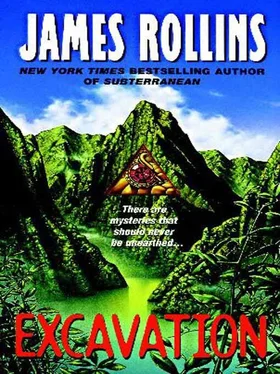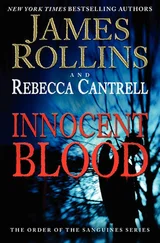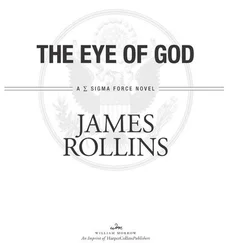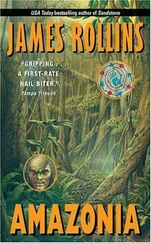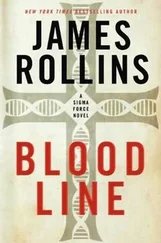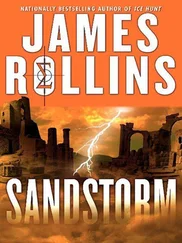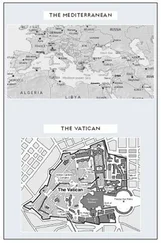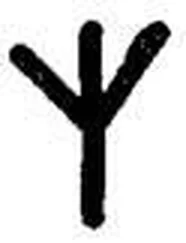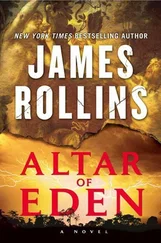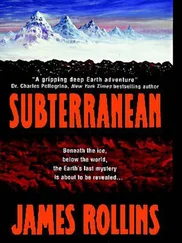The radiologist just stared, unblinking, as the mummy quieted its convulsions and lay still. “Damn,” he finally whispered to the fouled window. “What happened?”
Joan shook her head, still calm. She replaced her glasses and studied the room. “Perhaps a soft eruption of pocketed gas,” she mumbled. “Since the mummy was frozen at a high altitude, methane from decomposition could have released abruptly from the sudden thawing.” She shrugged.
The reporter finally seemed to have composed herself and tried to take a picture, but Joan blocked her with a palm. Joan shook her head. There would be no further pictures.
Henry had not moved since the eruption. He still stood with one palm pressed to the glass. He stared at the ruins of his mummy and the brilliant splatters sprayed on walls and machine. The debris shone brightly, glowing a deep ruddy yellow under the halogens.
The reporter, her voice still shaky, waved a hand at the fouled lead window. “What the hell is that stuff?”
Clutching the Dominican crucifix in his right fist, Henry answered, his voice dull with shock: “Gold.”
Andean Mountains, Peru
“Listen… and you could almost hear the dead speak.”
The words drew Sam Conklin’s nose from the dirt. He eyed the young freelance journalist from the National Geographic .
An open laptop computer resting on his knees, Norman Fields sat beside Sam and stared out across the jungle-shrouded ruins. A smear of mud ran from the man’s cheek to his neck. Though he wore an Australian bushwacker and matching leather hat, Norman failed to look the part of the rugged adventure photojournalist. He wore thick glasses with lenses that slightly magnified his eyes, making him look perpetually surprised, and though he stood a little over six feet, he was as thin as a pole, all bones and lanky limbs.
Sam rolled up to one elbow on his mat of woven reed. “Sorry, what was that, Norm?” he asked.
“The afternoon is so quiet,” his companion whispered, his Boston accent flavoring his words. Norman closed his eyes and breathed deeply. “You can practically hear the ancient voices echoing off the mountains.”
Sam carefully laid the tiny paintbrush beside the small stone relic he had been cleaning and sat up. He tapped his muddied cowboy hat back farther on his head and wiped his hands on his Wranglers. Again, like so many times before, after working for hours upon a single stone of the ruins, the overall beauty of the ancient Incan city struck him like a draught of cold beer on a hot Texas afternoon. It was so easy to get lost in the fine ministrations of brush on stone and lose sight of the enormity and breadth of the whole. Sam pushed into a seated position to better appreciate the somber majesty.
He suddenly missed his cutting horse, a painted Appaloosa still back on his uncle’s dusty ranch outside Muleshoe, Texas. He itched to ride among the ruins and follow its twisted paths to the mystery of the thick jungle beyond the city. He sat there with the ghost of a smile on his face, soaking up the sight.
“There is something mystical about this place,” Norman continued, leaning back upon his hands. “The towering peaks. The streams of mist. The verdant jungle. The very air smells of life, as if some substance in the wind encourages a vitality in the spirit.”
Sam patted the journalist’s arm in good-natured agreement. The view was a wondrous sight.
Built in a high saddle between two Andean peaks, the newly discovered jungle city spread in terraced plazas across half a square mile. A hundred steps connected the various stonework levels. From Sam’s vantage point among the remains of the Sun Plaza, he could survey the entire pre-Columbian ruin below him: from the homes of the lower city outlined in lines of crumbling stone, to the Stairway of the Clouds that led to Sun Plaza on which they perched. Here, like its sister city Machu Picchu, the Incas had displayed all their mastery of architecture, merging form and function to carve a fortress city among the clouds.
Yet, unlike the much-explored Machu Picchu, these ruins were still raw. Discovered by his uncle Hank only a few months back, much still lay hidden under vine and trees. A spark of pride flared with the memory of the discovery.
Uncle Hank had pinpointed its location from old tales passed among the Quechans of the region. Using hand-scrawled maps and pieces of tales, he had led a team out from Machu Picchu along the Urabamba River, and in only ten days, discovered the ruins below Mount Arapa. The discovery had been covered in all the professional journals and popular magazines. Nicknamed the Cloud Ruins, his uncle’s picture beamed from many a front page. And he deserved it – it had been a miraculous demonstration of extrapolation and archaeological skill.
Of course, this sentiment might be clouded by Sam’s feelings for his uncle. Hank had raised Sam since his parents had died in a car crash when he was nine years old. Henry’s own wife had died of cancer the same year, about four months earlier. Drawn together in grief, they developed a deep bond. The two had become nearly inseparable. So it was to no one’s surprise that Sam pursued a career in archaeology at Texas A &M.
“I’d swear if you listen close enough,” Norman said, “you can even hear the wail of the warriors calling from high in the peaks, the whispers of hawkers and buyers from the lower city, the songs of the laborers in the terraced fields beyond the walls.”
Sam tried to listen, but all he could hear were the occasional snatches of raised voices and the rasping of shovel and pick echoing up from a nearby hole. The noises were not the voices of the Incan dead, but of the workers and his fellow students laboring deep in the heart of the ruins. The gaping hole led to a shaft that dropped thirty feet straight down, ending in a honeycomb of excavated rooms and halls, a subterranean structure of several levels. Sam sat up straighter. “You ought to be a poet, Norman, not a journalist.”
Norman sighed. “Just try listening with your heart, Sam.”
He thickened his west Texas drawl, knowing how it irritated Norman, who hailed from Boston. “Right now all I kin hear with is my belly. And it ain’t saying nothing but complaining about dinnertime.”
Norman scowled at him. “You Texans have no poetry in your souls. Just iron and dust.”
“And beer. Don’t forget the beer.”
The laptop computer suddenly chimed the six o’clock hour, drawing their attention.
A rattling groan escaped the narrow confines of Sam’s throat. “We’d better wrap up the site before the sun sets. By nightfall, the place will be crawling with looters.”
Norman nodded and twisted around to gather his camera packs. “Speaking of grave robbers, I heard gunfire last night,” he said.
Sam frowned while storing away his brushes and dental picks. “Guillermo had to scare off a band of huaqueros . They were trying to tunnel into our ruins. If Gil hadn’t found them, they might have pierced the dig and destroyed months of work.”
“It’s good your uncle thought to hire security.”
Sam nodded, but he heard the trace of distaste in Norman’s voice at the mention of Guillermo Sala, the ex-policeman from Cuzco assigned as the security head for the expedition. Sam shared the journalist’s sentiment. Black-haired and black-eyed, Gil bore scars that Sam suspected weren’t all from the line of duty. Sam also noticed the sidelong glances he shared with his compadres when Maggie passed. The quick snippets of Spanish exchanged with guttural laughs heated Sam’s blood.
“Was anyone hurt in the gunfire?” Norman asked.
“No, just warning shots to scare off the thieves.”
Читать дальше
